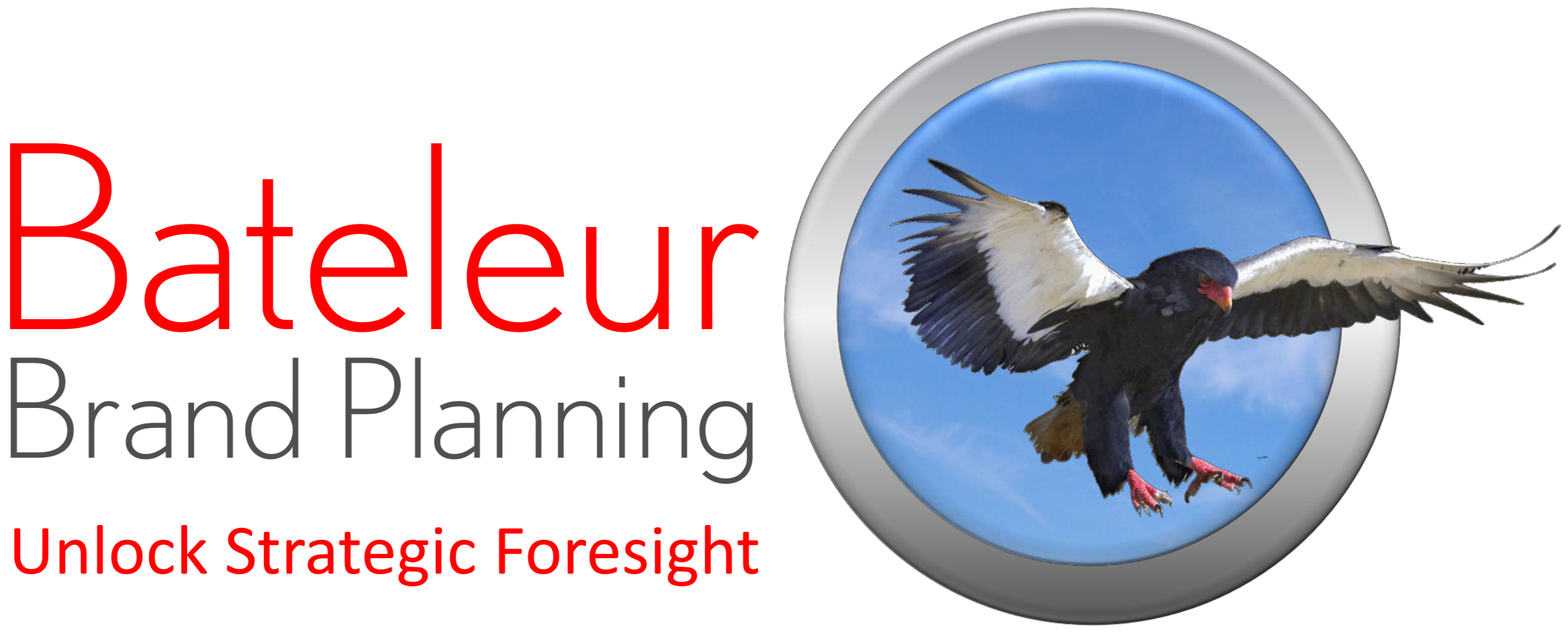
Values for an Engaged South Africa
Business can provide lessons for our country and its leaders
Over the past week, the social and political turmoil in South Africa has shocked most and caused deep reflection for many of us. What happened to the dream of the Rainbow Nation?
Nelson Mandela’s leadership style is described by the South African College of Applied Psychology as having the innate ability to empathise, a strong interest in people and society, wanting to help others and make the country a better place, being an excellent listener and good at interacting and connecting emotionally with people.
The Rainbow Nation was founded on a heartfelt concept; empathy. The ability to understand and share the feelings of others with the capacity to place oneself in another’s position and act from that perspective.
Empathy manifests in showing care for people, having a desire to help others, experiencing emotions that match what others are feeling, discerning what other people are thinking or feeling and, importantly for South Africans, making less distinct differences between themselves and others.
But, the ability to visualise oneself as another person is a sophisticated and difficult imaginative process. Possibly like no other nation, South Africans understand this difficulty. It would be quite impossible to fully document the entire spectrum of innate and acquired prejudices and biases inherent in our society.
Nonetheless, 1994 saw the birth of a dream led by the empathetic qualities of Mandela, which, like the proverbial mirage, keeps teasing, taunting and skipping elusively into the future.
A nation is no more than a large organisation. A national survey of South African employees across a wide range of different organisations conducted in early July this year yields interesting insights into what differentiates employees in highly engaged and functional organisations from disengaged and debilitated employees. No doubt, we can draw parallels and lessons for the large organisation, South Africa.
To begin, what does it feel like to work in a highly engaged company? The first word that emerges from the research is “motivated”. This feeling of motivation is supported by pride, inspiration, commitment, happiness, excitement and thankfulness. Would it not be nice to find South Africans describing their citizenship in such words?
Conversely, what does it feel like to work in a highly disengaged company? Expectedly, we begin with “unmotivated”. This apathy is underscored by feelings of being uninspired, frustrated, stressed, stagnant and tired. I think many would agree that this is the overall sentiment in South Africa.
The way we feel drives the way we behave. Behaviours found in highly engaged organisations show that employees have a keen sense of purpose in their work, actively listen with an open mind, constantly make constructive suggestions, share knowledge, display enthusiasm and, in general, have a positive outlook on life and work. Would this not be a set of demeanours for South African citizens to aspire to and expect of their leaders?
Again, reflecting on the converse, highly disengaged organisations are full of people who constantly challenge each other, indulge in corporate politics, complain, make sarcastic and destructive comments, and tend to waste time and effort on irrelevant matters culminating in a culture of procrastination and never getting things done properly. Sound familiar?
Companies that enjoy high levels of involvement have a culture driven by good leadership. Remember empathy. Employees in such companies feel valued by their leaders and managers; they feel cared for. In support, such organisations uphold the values of openness and transparency, equal opportunity, effective and efficient administration, and a great sense of teamwork and coordination. Those who remember the voting queues of 1994 will recall their hope for just these cultural ambitions for our country.
It takes leadership, leadership of Mandela’s style and quality to create highly engaged companies. The research results clearly show that such leaders inspire confidence, lead by example, are reliable and trustworthy, give recognition to their people, and provide mentorship. They communicate clearly, show appreciation and pay attention to the personal needs of their people. This is underscored by a deep sense of humility, respect and impartiality. Off this fine base of qualities, true leaders then delegate with trust, give clear direction and decisively deal with problems as they arise.
When this leadership is in place, and the resulting benefits to the workplace have matured and settled in, the organisation finds itself with an enviable reputation, underscored by trust and dependability, stability and persistence, calm and peacefulness — the ideal environment for imagination, innovation and the ignition of an active and vigorous economy.
These are the ingredients for a better life for all.
Could it be that there are lessons from business for our country and its leadership? There can be no reason why not. The analogy is sound both economically and culturally, notwithstanding the major legacy obstacles to overcome.
As demonstrated by South Africa’s first post-democracy president, empathetic leadership is called for to lead our country out of its quagmire — leadership that inspires the confidence of its people; reliable and trustworthy leadership, leadership, which communicates clearly and regularly, paying attention to the needs of the country’s people, and leadership that is humble, respectful and impartial.
These are the qualities taught to us by Mandela, forgotten by many. Let’s hope that we now have the leadership in place to fill a voluminous pair of shoes and put Mandela’s values back into gear for South Africa.
If you enjoyed this article, signup below to receive more:-
